#isolant
Explore tagged Tumblr posts
Text
hey sorry it's just that i don't think i'm very good at being a person. thanks for letting me try with you, anyway.
79K notes
·
View notes
Text
slightly furious reminder that fish do in fact feel pain and do in fact experience fear and distress when in pain since people seem to love spreading the myth that fish don't feel pain. what is it with people assuming a creature is incapable of feeling pain or emotion just because it doesn't have complex facial muscles. come on gang
#animal cruelty#<- for filtering#IT PISSES ME OFF#'oh it's fine to kill eels very slowly for extra flavour. they don't feel pain so it's not cruel at all' did you do. any fucking research#if you REALLY need sources for the idea that non-mammals can feel pain and fear (you know. two things extremely vital for survival?)#then I can send some links in the comments. but fucking christ we shouldn't need an article to tell us this shit#fish have pain receptors fish respond negatively to pain. they'll hide or struggle. fish who escaped being hooked show trauma-like response#including shallow breathing. isolation. and decreased appetite. fish are so fucking complex but people see them gasping#with their gaping mouths and rolling eyes and think ah. the lived experience of this creature is equivalent to that of an earthworm
23K notes
·
View notes
Text


ALIEN: ISOLATION (2014) • Creative Assembly
#alienedit#gamingedit#horroredit#alien#alien: isolation#alien isolation#xenomorph#vindicia#mistress-light#thelvadams.gifs#how i arrive at the function
32K notes
·
View notes
Text
when i started watching g1 for the first time, i was NOT prepared for whatever the fuck its doing with Megatron's transformation😭😭


it gave me so much psychic damage
#transformers#maccadam#tf g1#megatron#starscream#my art#as a kid i was pretty isolated from tf media so i had NO idea megs originally was a gun#from tfp and cybertron games i knew he was a jet and a tank so this thing gave me a fucking whiplash#and the mass change..... oh g1 youre so silly#i watched 2 seasons of g1 so im used to it by now but the first time was truly horrific for me#like WDYM the leader of decepticons can be held in a hand in his alt-mode??? buddy pls how do you lose all the mass in a blink of an eye😭😭
12K notes
·
View notes
Text
yall are pro mental illness until they hallucinate
yall are pro mental illness until they dissociate
yall are pro mental illness until they self-isolate
yall are pro mental illness until they're paranoid
yall are pro mental illness until they split
yall are pro mental illness until it's too Scary for your comparatively neurotypical brain to handle
#bpd safe#bpd favorite person#bpd#bpd splitting#dissociative identity disorder#dissociation#self isolation#borderline splitting#paranoia#neurodivergent#mental illness
43K notes
·
View notes
Text

On Isolation
#alina tries to draw#vent art#isolation#actually adhd#mental health#childhood trauma#rejection sensitive dysphoria#RSD
53K notes
·
View notes
Text
always utterly fascinating to come across someone who seemingly has read canon but has such a radically different interpretation of the text that you basically can't recognize anything they're talking about
#personal#what must it be like in the brain of someone who thinks tim drake skips town all the time and perpetually isolates himself from others
6K notes
·
View notes
Text


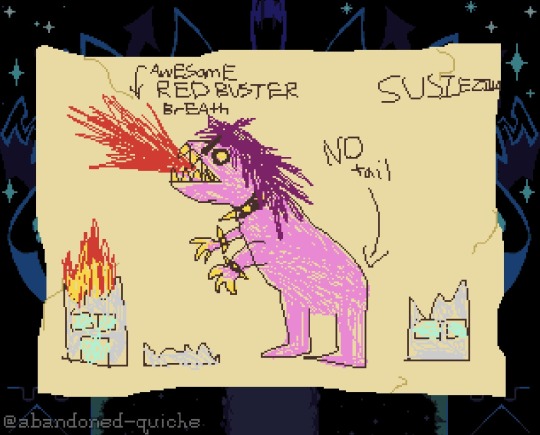


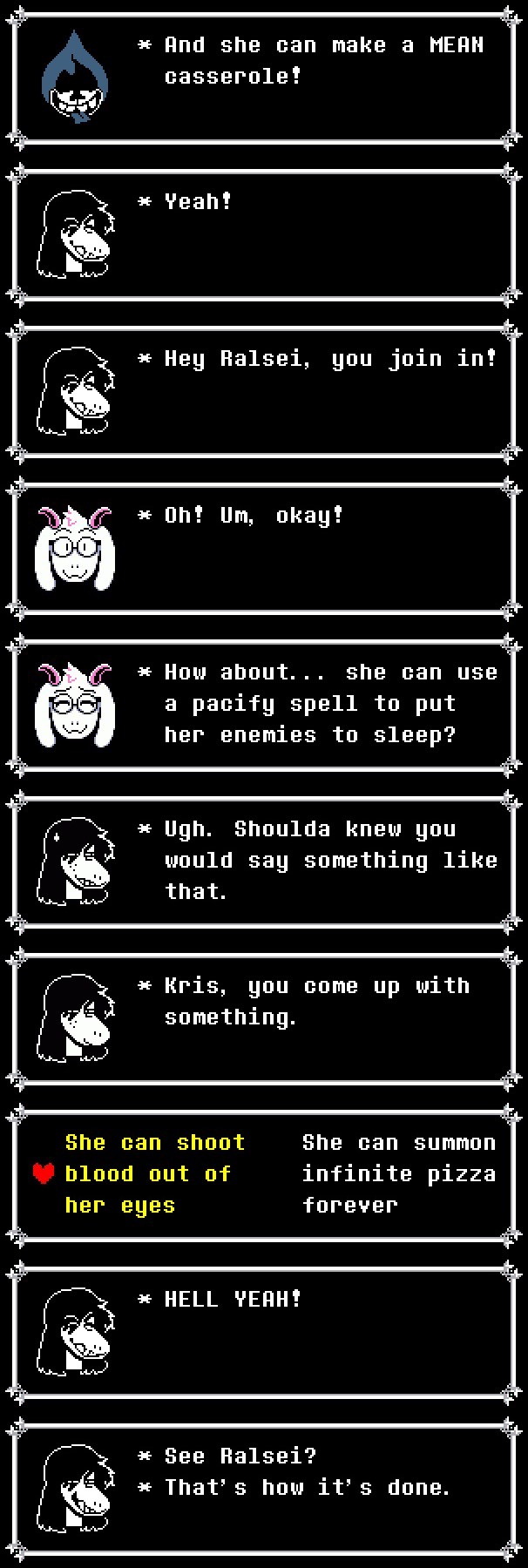

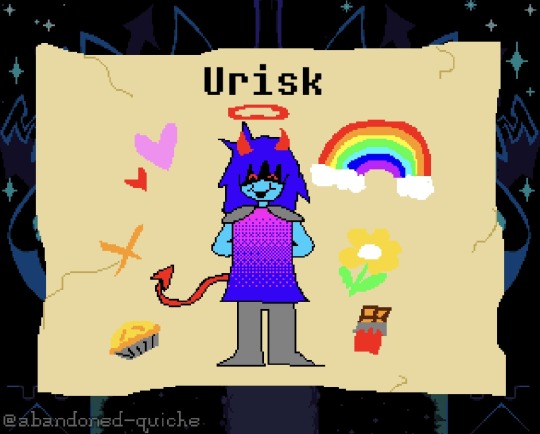


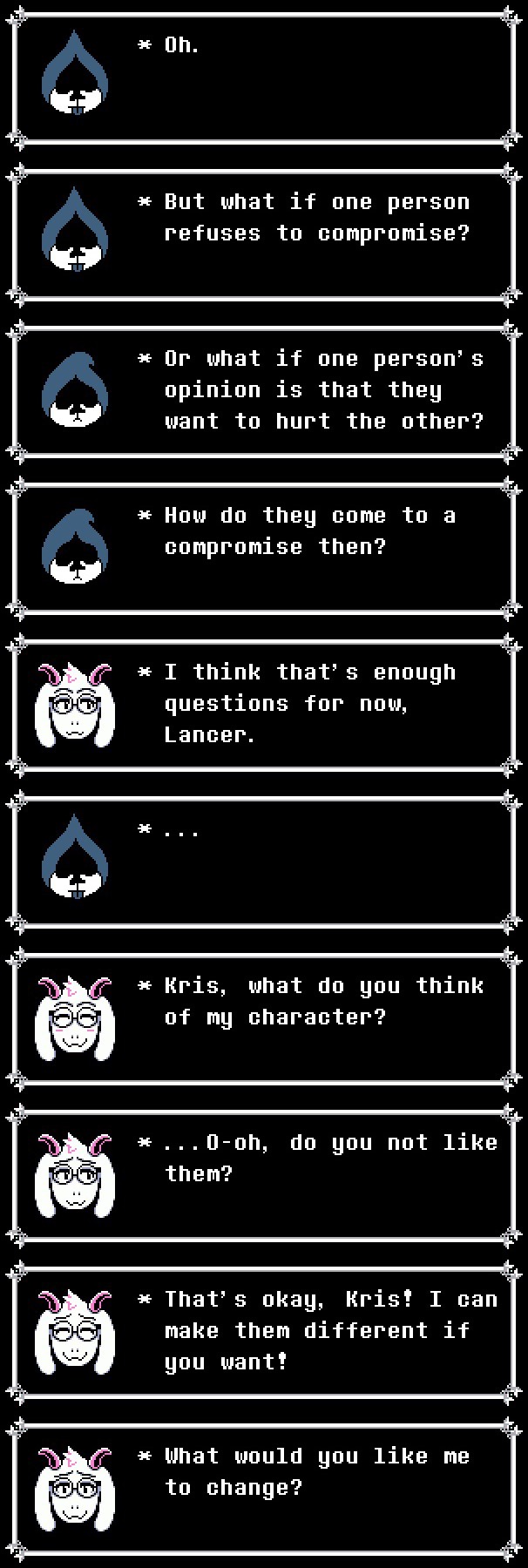

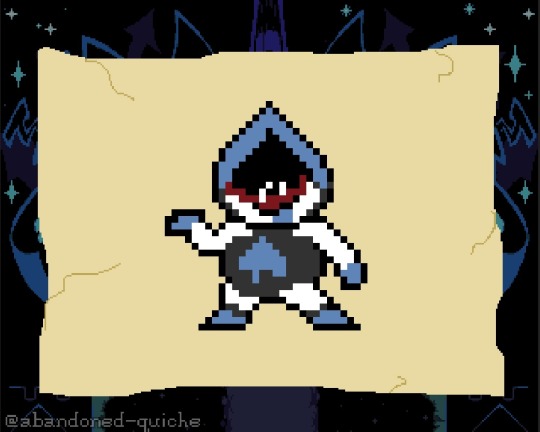


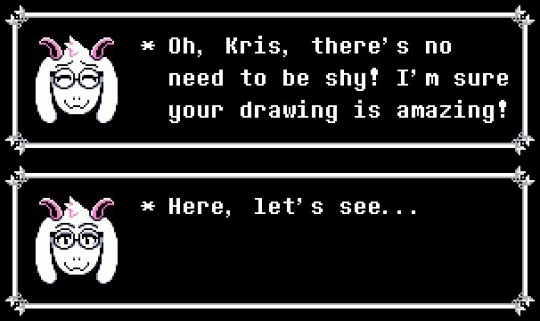
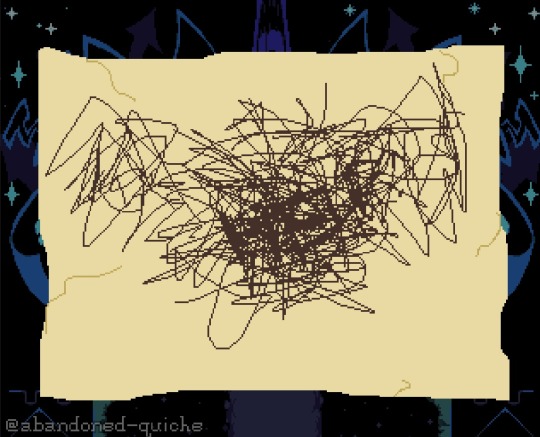

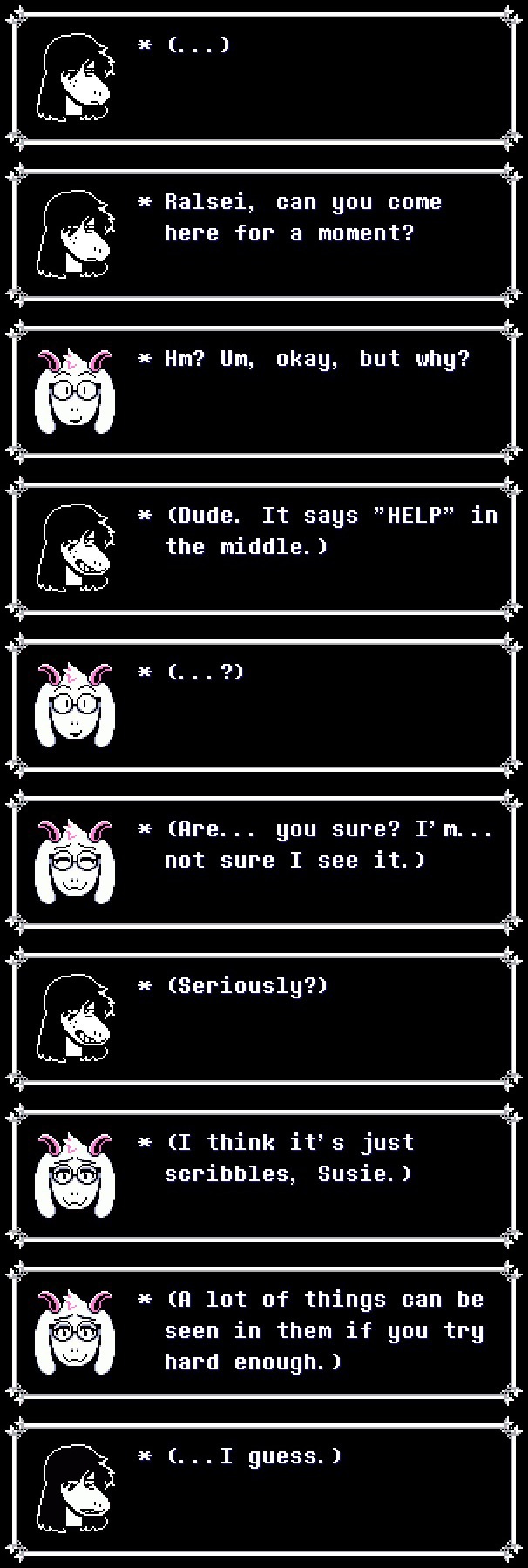


I LOVE ALL OF THESE CHARACTERS BTW. I DO NOT WANT TO SEE YOUR HATE FOR THEM ON MY POST
#textboxes#deltarune#susie deltarune#lancer deltarune#kris dreemurr#ralsei#my art#long post#hi welcome to my secret notes about this textbox adventure!#my developer's commemtary if you will.#i originally drew susiezilla in her light world color palette. but i changed it afterwards because i realized she likes herself better in#the dark world than in the light world. if she were to draw an idealized version of herself it'd be based on her dark world form.#if you pay attention to kris' drawing you'll see that they tried to give it big angel wings. but it's kind of hard to do that when you can'#control yourself.#i named Urisk that to complete the . uhm. quadfecta?#Frisk Urisk Chara Kris. or FUCK for short.#i was going to give urisk angel features because they're so Good. but i realized ralsei probably considers devils to be good rather than#angels. since he exists to banish the angel's heaven and all the heroes have strong devil motifs surrounding them.#i still gave them a halo though bc i still wanted them to seem Good.#i feel like the pacing on this one could have used some improvement#but overall i'm just happy i got it done! i'm very proud of it :]#that's the thing about these textboxes. it's really hard to go back and change previous textboxes#you've just gotta keep on chuggin forward until you reach the end! no looking back!#anyway i hope you enjoyed this one! :3#oh also. i put kris on the opposite side of everyone else to symbolize their isolation from everyone else bc of the soul#okay actually i have more to say. so susie's drawing looks like something hou could actually draw on a paper#meanwhile ralsei's was based on the drawing on his unused manual. which has pure black outlines and perfectly filled colors like it was mad#in ms paint. also i was originally going to include noelle and berdly in this too#berdly's OC was going go be Super Lord Berdly; Mayor of Smartopia#and noelle's OC was going to be really beautiful but really tragic
6K notes
·
View notes
Text
"i hate microlabels" yeah i also kind of dislike the idea of putting ourselves and our identities into very specific boxes, i think it can be really isolating- ohh wait you mean you think they're invalid. ohh no that's not the way to look at it. killing you
#IF there is an issue w micolabels/identities it's with the isolation that comes w that level of individualism but also like. there's#nuance there and if you think someones identity is invalid bc you don't understand or agree with it im killing you#there are many things i don't understand but agree with the concept of! being cishet for example
36K notes
·
View notes
Text

forgive or forget
#wolf#canine#dove#pigeon#bird#animal#artists on tumblr#digital art#illustration#mine#sigh#everything is exhausting lately and its difficult to fight the urge to self isolate all day but hopefully things get better...
4K notes
·
View notes
Text

I'd say you're a lot more than just my minion these days...
#kingdom come deliverance#kcd2#henry of skalitz#hans capon#hansry#fanart#hello i am back from the dead#who else spent the last month obsessed with this game and THEM in particular?#i remember playing the first game during the pandemic and going 🏳🌈?? but i thought it was just some isolation induced delusions#apparently not lol
4K notes
·
View notes
Text
its baffling seeing people on here being all shocked about how other ppl didnt have sex or do drugs or drink or go to parties etc etc in high schools like. sorry i was too busy getting bullied to do all of that stuff i guess. why are you surprised that there’s losers on the cringe loser website
#like yeah i WISHED i could do that sort of stuff#but i felt so completely isolated from everyone else at my school bc ppl were so nasty to me#its fine cos im doing all the stuff i missed out on now that im in university#but some ppl dont even get that chance#maybe its not that serious but. idk. just dont be a dick#but also ppl who didnt do that stuff acting like theyre better than ppl who did is fucking annoying and also a dick move. btw#📼
42K notes
·
View notes
Text




snuggling in the sun...
#ethan winters#mia winters#rosemary winters#rose winters#resident evil#resident evil fanart#rebhfun#resident evil village#resident evil 8#re8#mithan#i think mithan would nap alot#like they dont have work#they just have a baby and r isolated in some house in romaina#they take lots of cat naps together...#i hc ethan to have a very low body temperature...#cos hes like#dead#LOOL#mia and her moldy husband who like napping by windows
11K notes
·
View notes
Text
You think you're an introvert because you like being alone, but maybe it's not about solitude. Maybe it's about peace. Maybe it's the quiet you've fought so hard to protect. Maybe it's the safety of your own company, after being around too many people who made you feel like too much or not enough. You smile differently around people who bring you calm. You speak more. You laugh louder. You come alive in rooms where your soul doesn't shrink. You're not afraid of connection. You're just tired of surviving it. So don't confuse your boundaries with isolation. Don't confuse your quiet with disinterest. You're not closed off. You're just waiting for someone who feels like home, not a battlefield.
#spilled thoughts#spilled words#mental health#isolation#self care#inspiring quotes#self love#words#feelings#spilled writing#dark academia#introvert#self improvement#love#wordx#relatable quotes
3K notes
·
View notes